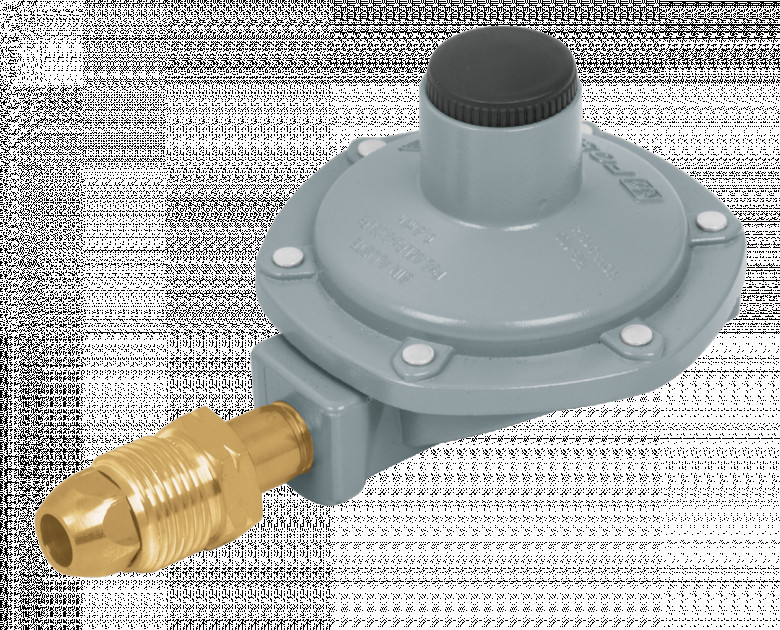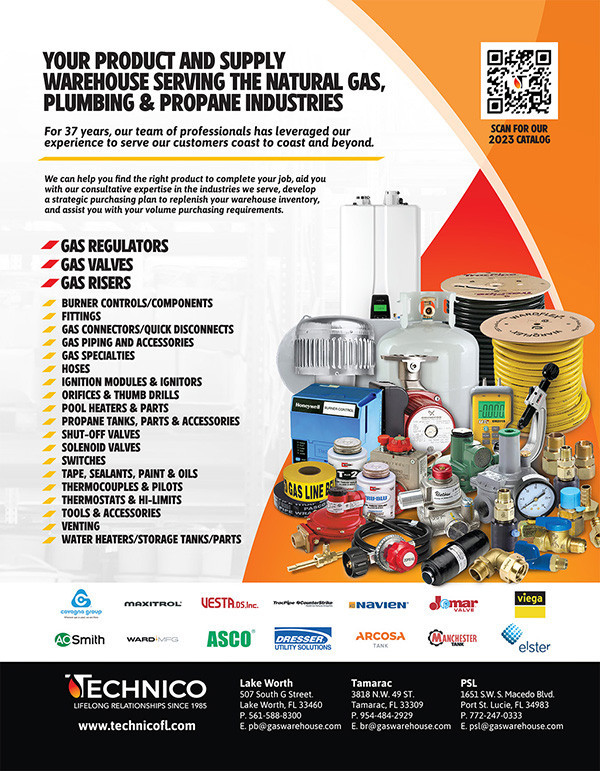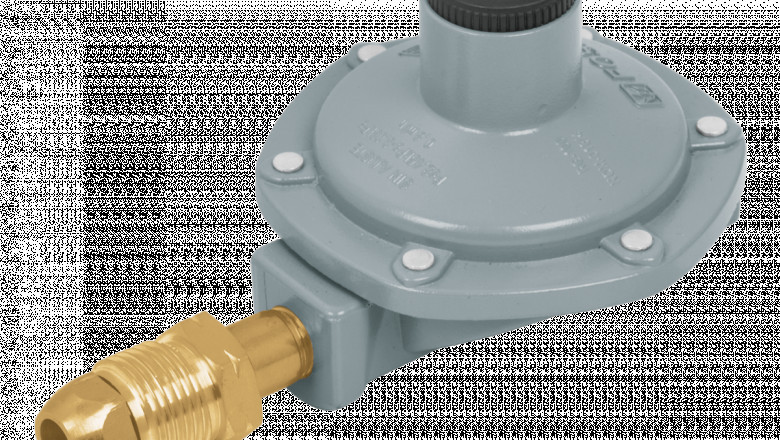views
Best propane tanks and gas parts in Florida
The safety, efficiency, and performance of natural gas and propane
systems hinge on the proper functioning of the gas regulators used in these
systems. Selecting an appropriate gas regulator is crucial, not only for
homeowners using gas for cooking but also for industrial businesses operating
larger appliances.
In Florida, when choosing regulators and other natural gas
products, it is essential to consider several factors, including climatic
conditions, safety regulations, and varying gas requirements. This
comprehensive guide will provide you with the necessary information to find the
ideal gas regulators tailored for use in Florida.
Gas Regulators Explained: How They Work and Why They Matter
Gas regulators are vital devices that maintain the correct gas
pressure as it flows from the supply system to appliances. Without effective
pressure regulation, safety hazards can arise from excessive pressure, while
insufficient pressure can lead to inefficient operation.
The right gas regulator plays several important roles:
- Efficient Operation: It ensures that appliances operate at the
correct gas pressure for optimal performance.
- Safety Mechanism: It acts as a safeguard against dangerously
high levels of gas flow that could lead to leaks or fires.
- Extended Appliance Lifespan: By maintaining proper pressure
levels, gas regulators help prolong the operational life of gas-powered
appliances.
5 Essential Tips for Selecting the Right Gas Regulator
1. Know Your Gas Type: Natural Gas vs. Propane
The first step in selecting a gas regulator is to determine the
type of gas your system uses. Natural gas is supplied through municipal
pipelines and operates at a lower pressure compared to propane, which is stored
in pressurized tanks and requires dedicated regulators capable of handling
higher pressures. Using an inappropriate regulator can result in significant
safety hazards and performance issues, so it’s crucial to match your regulator
selection to the gas type utilized in your system.
2. Determine the Right Gas Pressure
Correct gas pressure varies depending on the appliances you are
using. Always refer to the manufacturer’s specifications for your appliances to
ensure that the gas regulator matches the required pressure levels.
3. Flow Capacity
Gas regulators operate at various flow rates, which dictate their
capacity to manage gas supplies effectively. Choosing regulators that match the
necessary flow capacity of your appliances will optimize their performance and
extend their operational longevity.
4. Climate and Environmental Considerations
Florida's humid and coastal environment can lead to corrosion,
which impacts the functionality of gas regulators over time. It’s advisable to
select regulators made from:
- Stainless Steel: Known for its excellent resistance to rust and
corrosion.
- Brass: Durable and long-lasting, particularly suited for humid
conditions.
- Aluminum with Protective Coatings: Lightweight yet sturdy,
making it appropriate for a variety of applications.
Regular maintenance, including inspections, can further extend the
life of your gas regulator.
5. Compliance with Florida’s Safety Regulations
Florida has stringent laws regulating gas system installations
statewide. All natural gas and propane systems must meet the requirements set
by state and local authorities, including compliance with the National Fuel Gas
Code (NFPA 54).
To ensure adherence to these regulations:
- Only allow licensed gas professionals to perform installation
and adjustments to your gas system.
- Ensure that selected regulators meet ANSI and NFPA safety
standards.
- Schedule regular inspections to detect leaks and ensure overall
safety.
Failure to comply with these regulations can lead to fines, safety
hazards, and potential voiding of product warranties.
A Guide to Choosing the Right Gas Regulator for Your Needs
- Residential Property Owners: Opt for low-pressure regulators
specifically designed for domestic applications when installing gas stoves,
water heaters, and grills.
- Contractors: Choose high-quality, adjustable regulators that
meet Florida’s safety regulations for various installation sites.
Businesses: Restaurants and similar establishments should utilize
high-pressure regulators to maintain seamless operation of diverse gas-powered
equipment and prevent operational disruptions.
Installation and Maintenance Guide for Gas Regulators
The safe operation of your gas system relies significantly on how
well you install and maintain your chosen gas regulator. Here are some best
practices to follow:
- Hire licensed professionals to handle both gas line adjustments
and installation work.
- Conduct regular inspections to identify any blockages, rust, or
leaks in the regulator.
- Replace old regulators every 10 to 15 years or according to
manufacturer recommendations.
- Ensure adequate airflow around the regulator to prevent
overheating and pressure issues.
Find the Best Gas Regulators in Florida
Selecting the right gas regulator is essential for ensuring operational efficiency and safety, whether you are a homeowner, contractor, or business owner. At Technico, we provide high-quality natural gas regulators and other natural gas products suited for Florida’s unique requirements. Contact us today at (800) 476-2318 to discover the ideal gas regulator for your needs!























Comments
0 comment